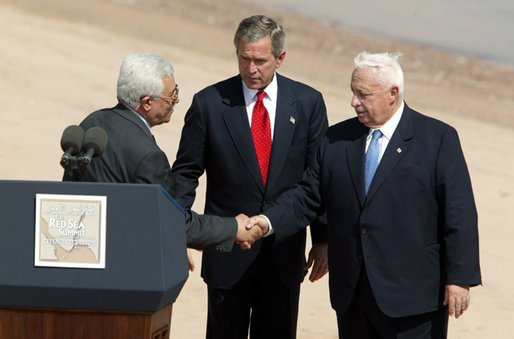
Ken Stein
Policywatch 2116, WINEP
August 14, 2013
Preliminary negotiations and changing political realities have catalyzed the opening of new talks, but even a two-state agreement would not guarantee an imminent end to the conflict.
For the four decades that the United States has been involved, a rhythm has emerged in the start, success, and failure of Arab-Israeli negotiations. More than two dozen mediators, including presidents and secretaries of state, have dedicated immense amounts of time while enduring myriad disappointments. … As for the current talks, there are at least two reasons to be skeptical. First, a Palestinian state would require financial assistance to survive economically into the foreseeable future, and with assistance would come pressures to conform to donor attitudes. Could such a state ever be free of external influences? Past experience shows that borders in the Middle East are often only suggestions.
Second, a two-state agreement would be transactional, including precisely stated demarcations and privileges, and perhaps eventually a treaty declaring that conflict is ended and all claims dropped. But for the conflict to truly be over, public attitudes and behavior must be transformed as well. Accordingly, expectations regarding the two-state framework’s potential impact on the conflict should be lowered, at least for a generation. Time can allow patience to trump skepticism and transactions to become transformations. Yet even that is not guaranteed without the requisite political and public will. [Read more…]
Photo: Cambridge University Press
